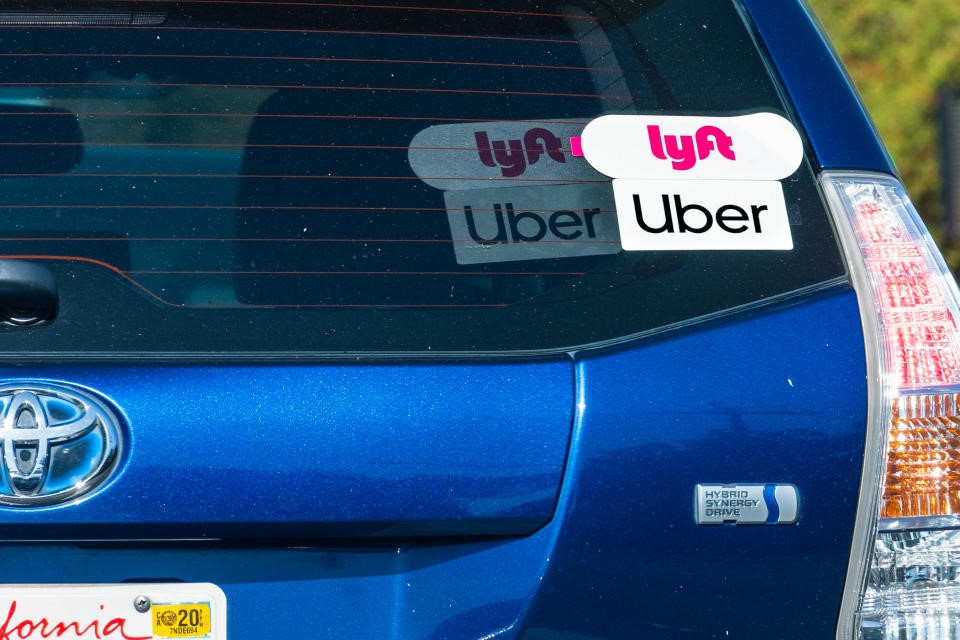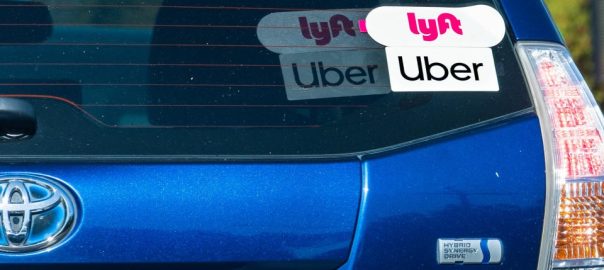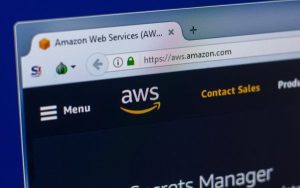Uber, Lyft and DoorDash drivers are striking on February 14
Rideshare drivers won’t be taking rides to and from airports in several US cities.

It could be a challenge hailing a ride from certain airports on Valentine’s Day this year. Thousands of rideshare and delivery drivers for Uber, Lyft and DoorDash are planning to hold a demonstration on February 14 to demand fair pay and better security measures, according to Reuters. The strike was announced last week by Justice for App Workers, a coalition representing more than 100,000 rideshare and delivery drivers across the US.
Based on the group’s page for the rally, workers participating in the demonstration won’t be taking rides to and from any airport in Austin, Chicago, Hartford, Miami, Newark, Orlando, Philadelphia, Pittsburgh, Rhode Island and Tampa. The coalition is asking drivers to join the event and “demand changes from Uber, Lyft, DoorDash, and all the app companies profiting off of [their] hard work.” Meanwhile, Rideshare Drivers United, an independent union for Uber and Lyft drivers in Los Angeles, also revealed that its members are turning off their apps on February 14 to protest “the significant decrease in pay [they’ve] all felt this winter.”
While the strikes could see the participation of tens of thousands of workers, Uber believes it won’t have an impact on its business since only a small portion of its drivers typically take part in demonstrations. The company told The Hill and CBS News that a similar protest last year didn’t affect its operations and that its driver earnings remain “strong.” In the fourth quarter of 2023, “drivers in the US were making about $33 per utilized hour,” the spokesperson said.
The groups announced the strikes just a few days after Lyft promised guaranteed weekly earnings for its drivers in the country, ensuring that they’ll make at least 70 percent of what their riders had paid. DoorDash didn’t respond to the publications’ requests for comment, but it currently pays its drivers $29.93 for every active hour in states with minimum wage requirements for app-based delivery workers. It recently introduced new fees for customers in New York City and Seattle as a response to their new minimum wage regulations.
(8)
Report Post







